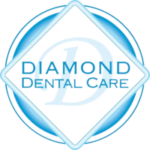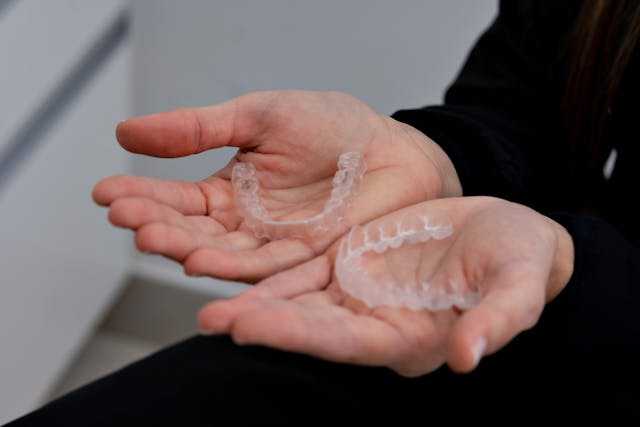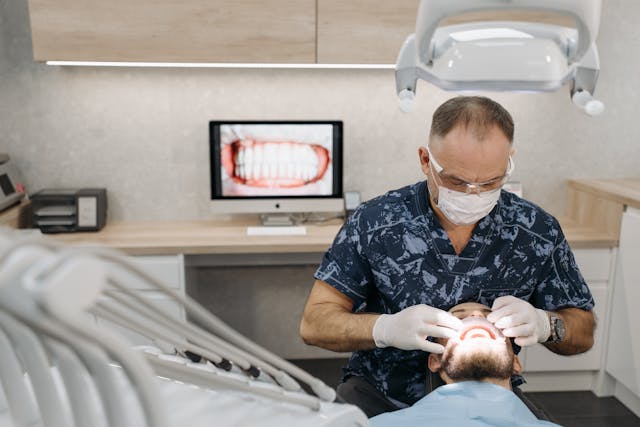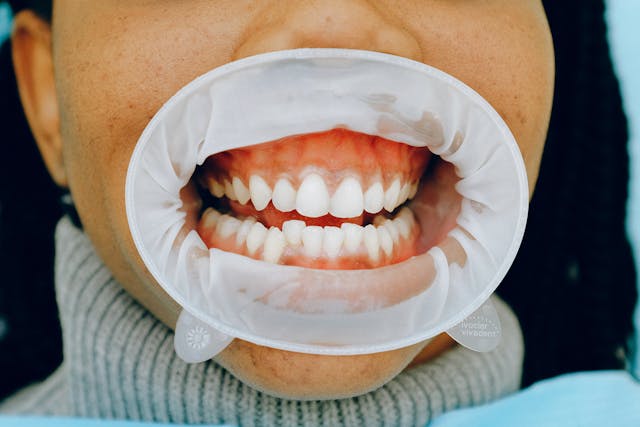Understanding Tooth Extraction
What Is a Tooth Extraction?
Tooth extraction is a dental procedure that involves removing a tooth from its socket in the bone. Whether it’s a decayed tooth, a stubborn wisdom tooth, or one that’s causing crowding, extractions are sometimes necessary for your overall oral health.
Call us at (909) 860-7579 to book your visit. You can also connect with us on Facebook or leave a review on Yelp. We look forward to seeing you!
Why Do You Need a Tooth Extraction?
Extractions are typically recommended when a tooth is damaged beyond repair, infected, impacted, or causing misalignment. Gum disease, trauma, or preparation for orthodontics may also require a tooth to be removed.
Types of Tooth Extractions
There are two main types: simple (for visible teeth) and surgical (for impacted or broken teeth under the gum). Your dentist at Diamond Dental Care will assess your condition and recommend the best approach.
What Happens After the Extraction?
Initial Bleeding and Clot Formation
After extraction, your body begins the healing process by forming a blood clot at the site. This clot is crucial—it protects the bone and nerves and initiates tissue repair. Avoid dislodging it!
Managing Swelling and Discomfort
Swelling, mild bleeding, and discomfort are normal. Ice packs applied for 15–20 minutes at a time can help. Over-the-counter pain relievers or medications prescribed by your dentist can manage discomfort effectively.
Normal Symptoms vs. Warning Signs
Some soreness, tightness, or slight oozing is expected. However, extreme pain, pus, or swelling after a few days may indicate infection or dry socket, and you should contact Diamond Dental Care immediately.
Essential Post-Extraction Care Tips
The First 24 Hours: Do’s and Don’ts
Do: Rest, bite on gauze to stop bleeding, and stay hydrated.
Don’t: Rinse forcefully, drink through a straw, or smoke—these actions can dislodge the healing clot.
Ice Packs, Rest, and Positioning
Apply an ice pack to the outside of your cheek for the first 24 hours. Rest with your head elevated on pillows to reduce swelling and help the clot stay in place.
Oral Hygiene Without Disruption
Brush your teeth but avoid the extraction site. After 24 hours, you can gently rinse with warm saltwater. Avoid commercial mouthwashes that might irritate the area.
Eating Soft Foods and Staying Hydrated
Choose soft, cool foods like yogurt, mashed potatoes, smoothies (without a straw), or soup. Avoid crunchy or spicy foods for a few days to protect the site.
Avoiding Complications During Recovery
What Is Dry Socket and How to Prevent It
Dry socket happens when the blood clot is lost too early, exposing the bone. It’s painful and delays healing. Prevent it by avoiding straws, smoking, or vigorous rinsing.
Smoking and Alcohol: Why to Avoid Them
Nicotine reduces blood flow, and alcohol disrupts healing—both significantly increase the risk of dry socket and infection. Skip both for at least 72 hours.
When to Resume Exercise or Physical Activity
Strenuous activity can increase blood pressure and trigger bleeding. Wait at least 48–72 hours before resuming intense workouts.
Home Remedies and Supportive Healing Tips
Saltwater Rinse and Natural Antiseptics
A warm saltwater rinse (1/2 tsp salt in 8 oz water) 24 hours after the extraction helps clean the mouth gently and reduces bacteria. Rinse 2–3 times daily.
Herbal Teas and Cooling Agents
Chamomile and peppermint teas are soothing when cooled. You can even use a cold tea bag on the extraction site for added relief.
Vitamins and Supplements for Faster Healing
Vitamin C, zinc, and protein-rich foods help the tissues heal faster. Talk to your dentist before adding supplements, especially if you’re on medications.
When to Contact Your Dentist
Signs of Infection
Fever, pus, or severe swelling could signal an infection. Call Diamond Dental Care if you experience these.
Excessive Bleeding or Severe Pain
Bleeding should stop within a few hours. If it continues or worsens, or you feel intense pain that doesn’t improve, don’t wait—get help.
Unusual Taste or Smell
A foul odor or taste can indicate infection or food trapped in the socket. Rinse gently and call your dentist for professional cleaning if needed.
Why Choose Diamond Dental Care for Extractions?
Gentle Procedures by Experts
At Diamond Dental Care, located at 303 South Diamond Bar Blvd, Ste 2C, Diamond Bar, CA 91765, you’re in safe hands. Our experienced dental team uses the latest techniques for comfortable, stress-free extractions.
Personalized Aftercare and Follow-Up
We don’t just extract—we care for you before, during, and after. You’ll receive step-by-step post-op instructions, and we’re always a phone call away at (909) 860-7579.
Conveniently Located in Diamond Bar, CA
Easily accessible for residents across Diamond Bar and surrounding communities, we welcome you to experience truly compassionate dental care in your neighborhood.
Conclusion
Recovering from a tooth extraction doesn’t have to be a painful ordeal. With the right aftercare, a gentle approach, and support from a trusted dental provider like Diamond Dental Care, your healing can be smooth, safe, and even empowering. Don’t rush—listen to your body, follow the steps above, and always stay in touch with your dentist for guidance. Remember, a healthy mouth starts with smart recovery!
Call us at (909) 860-7579 to book your visit. You can also connect with us on Facebook or leave a review on Yelp. We look forward to seeing you!
FAQs
How long does it take to heal from a tooth extraction?
Typically, soft tissue heals in about 1–2 weeks, while full bone healing can take several months. Most discomfort fades within 3–4 days.
What can I eat after a tooth extraction?
Stick to soft foods like yogurt, smoothies, mashed potatoes, applesauce, and scrambled eggs. Avoid hot, spicy, crunchy, or sticky items for a few days.
Is it normal to have pain a few days after extraction?
Yes, mild pain and swelling are common for up to 3 days. However, worsening pain after 3–4 days may signal dry socket—call your dentist.
Can I brush my teeth after an extraction?
Yes, just avoid the extraction site. You can brush other teeth gently and begin saltwater rinses 24 hours after the procedure.
How can I speed up the healing process?
Follow your dentist’s aftercare, avoid smoking and alcohol, stay hydrated, eat nutritious food, and rest. Cold compresses and saltwater rinses help, too.



